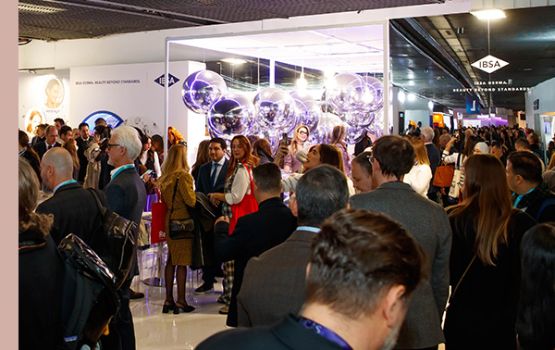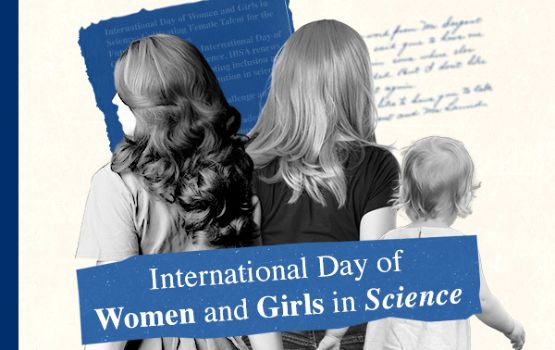Initiated at the end of 2021 and now halfway through its second edition, the IBSA International Academy – MSK Modules confirms to be an excellence specialist training course in the osteoarticular area. Aimed at orthopaedists, rheumatologists, physiatrists and sports physicians, this programme successfully involved around 200 specialists from 11 European countries. Given the success achieved, IBSA has started its progressive expansion, implementing an Academy in Spain (Spanish Hub).
IBSA expands its training offering with new editions of the International Academy MSK
IBSA’S INNOVATIVE PROPOSAL IN THE MUSCULOSKELETAL AREA

The Academy is organised into a series of five modules, each dedicated to in-depth analyses of a specific area, starting from the basic modules – focused on human anatomy – moving on to the intermediate sessions, that deal with diagnostic imaging of musculoskeletal (MSK) diseases, up to the study of infiltration techniques.
The added value of this training course is its own innovative format, which combines theoretical sessions with the analysis of actual clinical cases and practical exercises, aimed at improving the technical-instrumental skills of doctors. A unique opportunity to improve their knowledge of imaging instruments – the use of which is not always part of their usual clinical activity – for example through exercises with the ultrasound machine to perform guided infiltrations.
At the end of the course, a “Cadaver lab” has also been planned, a training opportunity that allows to closely study the anatomy of the joints and perform procedures on anatomical preparations, under the supervision of the Academy Faculty.
THE NEW HUB OF THE INTERNATIONAL ACADEMY MSK MODULES IS IN SPAIN

In the wake of the international success of the initiative, last June IBSA Iberia inaugurated in Spain the first national edition of the IBSA Academy MSK. The training programme of the “Spanish Hub” faithfully proposes the established framework of the international Academy, with the advantage of being delivered in Spanish, with meetings at national level aimed at facilitating the participation of local doctors.
The scientific board – composed of high-profile Spanish specialists – also includes some members already part of the International Faculty and a selection of former “alumni”, who have in turn become teachers thanks to the experience acquired.
Precisely in these days in Barcelona, the second of the five modules is underway, dedicated to the in-depth study – through the most advanced ultrasound techniques – of the physiology and conditions affecting the lower limb (hip, knee and ankle), such as synovitis, cartilaginous and bone lesions, tendinopathies and degeneration.
“Spain’s initiative is bound to be replicated in the future also in other countries and with other subsidiaries. Expanding the Academy’s offering by organising courses in different countries allows us to involve a growing number of young generations of doctors and healthcare personnel from the early stages of their professional career, confronting them with issues and practical experiences in the treatment of osteoarticular conditions”, stated Giuliana Villa, Head of IBSA’s Medical Affairs department.



